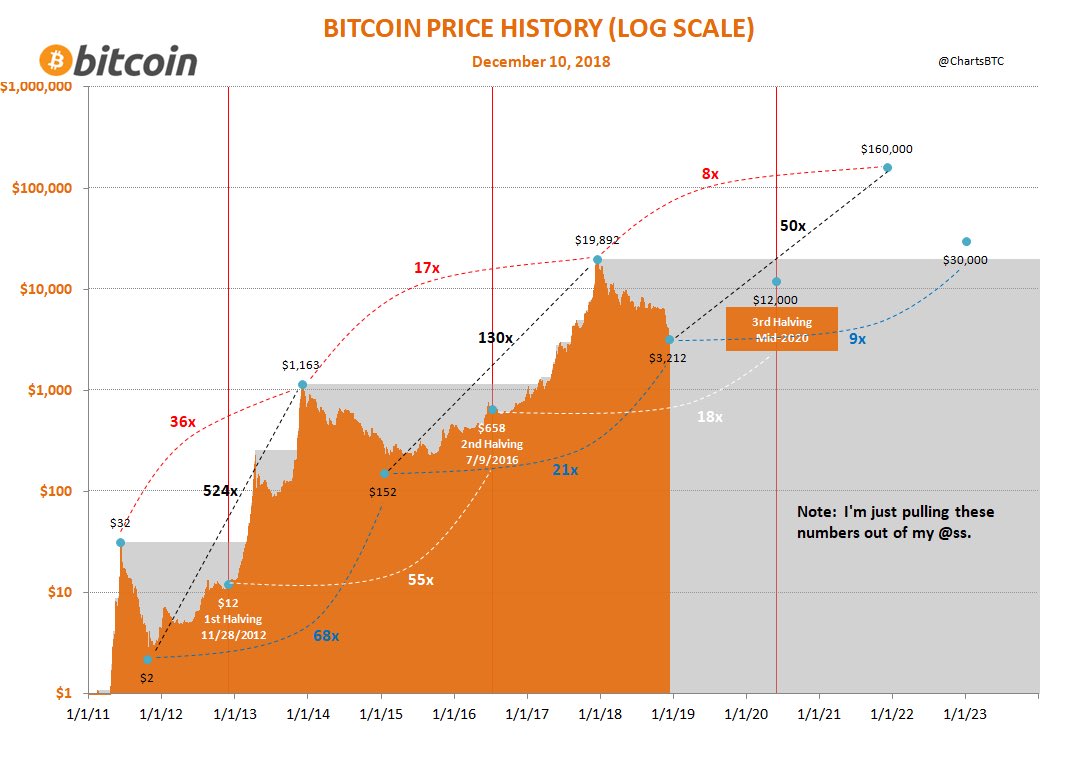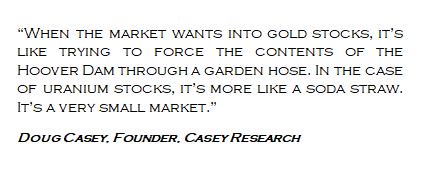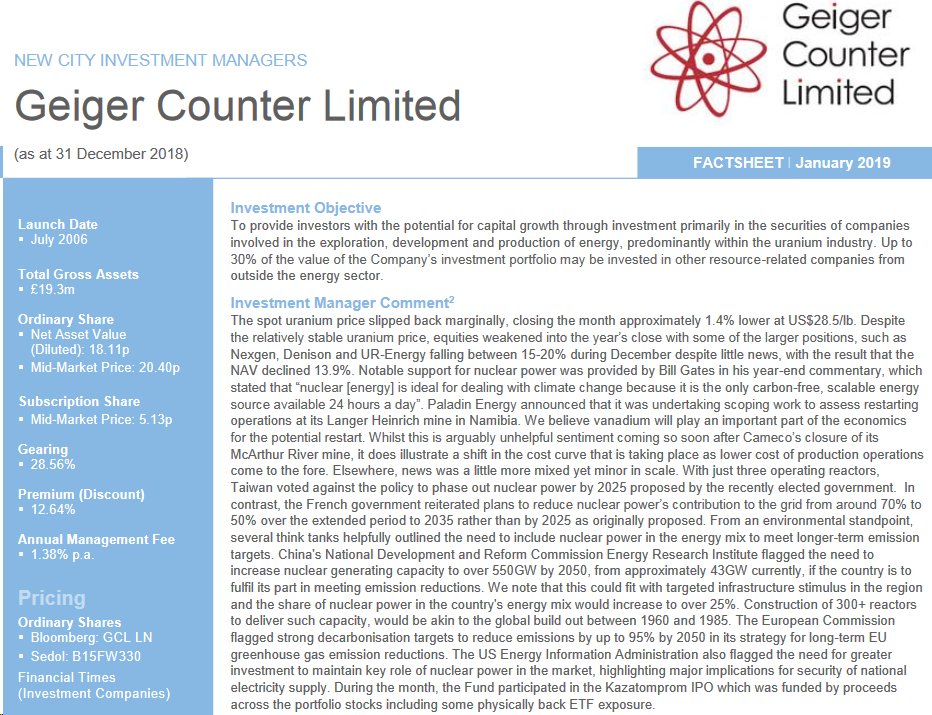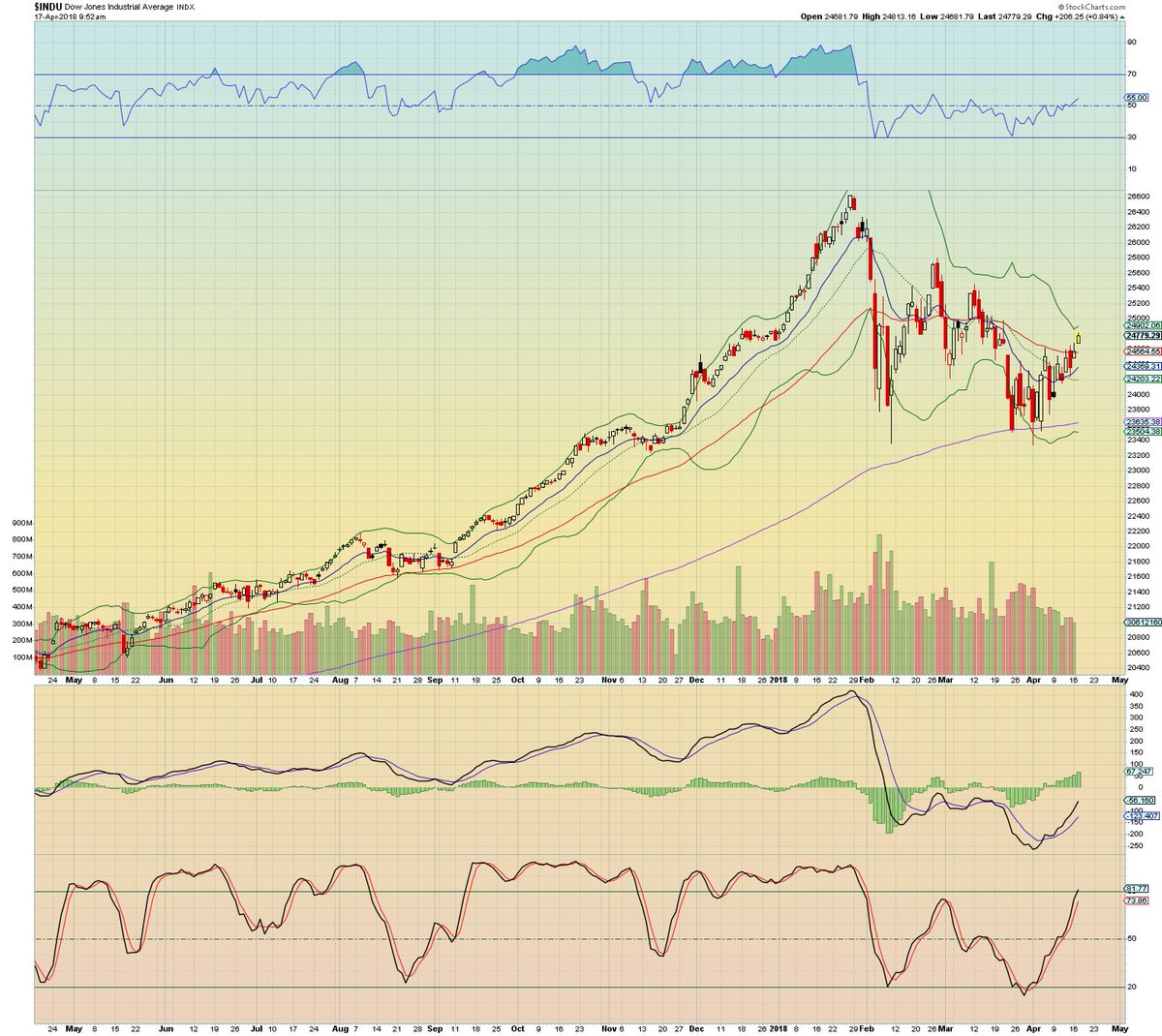Reality is that I make lots of mistakes on positions where I believe - rightly or wrongly - I am in the top 1%. But I do generally make better decisions post initial mistake when I believe I’m in the top 1%.
“What do you fear most in purity? Haste.” So good!
Note Sherlock Holmes reference. Semiotics!
Arrogance vs. humility. Conviction vs. flexibility. 😃
As one of my best friends says, “There are only two things in investing. Numbers and excuses. And if you don’t have the 1st, no one cares about the 2nd.” 😀












